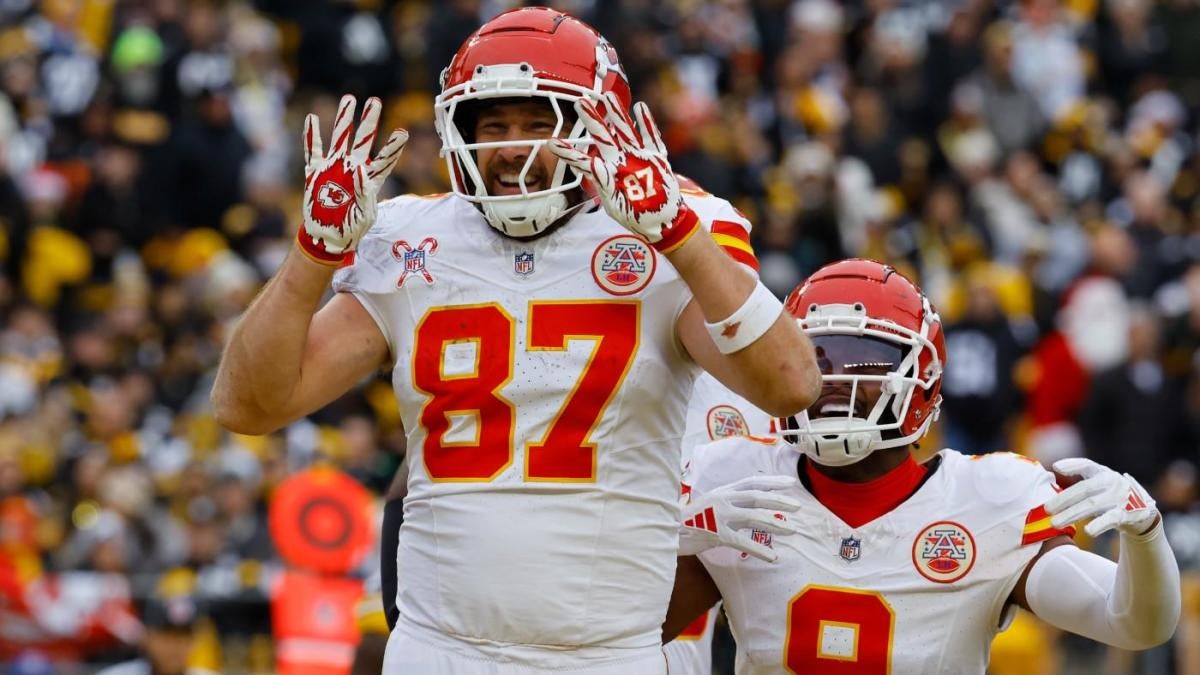World
Pearl Harbor at 83: Holyoke native recalls how World War II united nation

A year ago, Harry L. Chandler was in Hawaii, a place where 82 years earlier he’d seen the ravages of war unfolding before his eyes.
This time he was hailed by the 21st century U.S. Navy as a returning hero, honored for his service to the nation and feted at events both solemn and celebratory.
For all the decades in between Chandler has carried with him still vivid memories of that December morning in 1941 when he was just 20 years old.
He remembers the swarm of fighter planes over Pearl Harbor as he hoisted the American flag at Navy mobile hospital 2 on a hill overlooking Battleship Row.
He remembers being hustled with other hospital corpsman aboard trucks bound for the harbor.
He remembers finding the carnage of men floating amid burning oil and then toiling to pull survivors from the sea.
In this photo from May, World War II veteran Harry Chandler salutes at the National World War II monument in Washington, D.C., during a visit with Southeast Florida Honor Flight.Chandler Family Photo
Only once before had Chandler, who is now 103, returned to the place where World War II began for America, but last year’s visit may well have brought him a peace he needed. Photos from his journey document the pensive moments he spent at the USS Arizona Memorial and the poignant laying of flower petals upon the harbor’s waters in tribute to the lost sailors.
“I went to the Arizona (memorial), and it was like, ‘Jeez, I’m back in the war,‘” Chandler recalled this week. “It was fascinating to think, this many years ago I was in the same place, thinking the same things. … We really got out of this one. It was scary, but the scariness just left and you had to do the job you were sent there to do.”
Meeting teenaged Junior ROTC cadets reassured him the Navy is in good hands for the future, Chandler said. “It was very nice. They were very pleased to meet me,” he said. “It was like I was somebody special, but I wasn’t, if you know what I mean.”
Chandler said it’s difficult for him to believe 83 years have passed. “It doesn’t seem possible. I’m not old enough,” he said, followed by a hearty laugh. “You think about what went on and say to yourself, ‘How lucky was I?’ …This is the way I feel. I was very fortunate. I thank the Lord for seeing me through all of this and being able to perform during it.”
The Dec. 7, 1941, Japanese attack on Pearl Harbor left an indelible mark on the lives of those who experienced it and galvanized a generation of Americans to rally united as World War II unfolded. For decades, the words “Remember Pearl Harbor. Keep America alert” were not to be forgotten.
Over the course of just two hours and 20 minutes that morning, Japanese invaders by air and water dealt the U.S. Pacific fleet a deadly blow. Twelve ships, including three battleships, were sunk or beached; nine others were damaged. The attack killed close to 2,500 Americans and injured 1,200 more. The loss of the mighty battleship USS Arizona – now the site of a U.S. Park Service memorial – accounted for the loss of 1,177 lives.

The battleship USS Arizona belches smoke as it topples over into the sea during a Japanese surprise attack on Pearl Harbor in Hawaii on Dec. 7, 1941. In a speech to a joint session of Congress a day after the attack, President Franklin D. Roosevelt said Dec. 7, 1941, was “a date which will live in infamy.” The attack brought the U.S. into World War II. (Associated Press)AP
Within hours, President Franklin D. Roosevelt was before a joint session of Congress, proclaiming Dec. 7 a “date which will live in infamy,” imploring and then receiving a declaration of war. For the ensuing four years, war would rage on two fronts in the Pacific and in Europe, claiming the lives of more than 400,000 Americans.
For Chandler, who had quit Holyoke High School early to enlist in the Navy in 1939, the lesson of that time is less about the toll of war and more about how the nation rallied together, united in a cause.
“I think the most important thing is to remember those who should never be forgotten because it’s what caused most of the men from the Pearl Harbor days to do what we did, to act like we were supposed to act,” he said. “(The attack) just brought power to us. It was almost a miracle … to think that everybody in the country would agree that, hey, this had to be, and it’s going to be taken care of. There’s no doubt about it.”
“Let’s put it this way,” Chandler added, explaining that the “whys” of the Pearl Harbor attack have regularly run through his mind. “That’s what kept popping through (my) head. Why did all of this have to happen? But, it did, and we’re fortunate it did. When you stop to think about it, everybody got right on board and did what they had to do. …They realized how close they came to being annihilated. Something like that turns your head. We could have been in big trouble … (and) it all ended up to be a good thing.”

Harry L. Chandler, a native of Holyoke, was serving as a hospital corpsman with the Navy in Pearl Harbor at the time of the Dec. 7, 1941, attack by the Japanese. (CHANDLER FAMILY PHOTO)The Republican
Chandler recognizes he is among an ever-dwindling number of World War II veterans, let alone those who survived Pearl Harbor. It’s among the reasons, he said, that he wanted to participate in the national commemoration and see the harbor what will likely be one last time.
A decade ago, there were thought to be between 2,000 and 2,500 survivors of Pearl Harbor alive in the U.S. Today, the estimate is fewer than two dozen remain. Two were scheduled to participate in this year’s national commemoration. Chandler declined an invitation to return, as the rigors of the trip would have been too challenging, according to his grandson Ron Mahaffee.
For Mahaffee, last year’s journey to Pearl Harbor with Chandler was equally moving. “I certainly have lifelong and lifechanging memories of being on that trip with him. … For me, to take this warrior back and relive with him what he experienced in his service was priceless.”
During Chandler’s visit to Pearl Harbor, his recollections of the attack were captured by Pacific Historic Parks as part of an oral history project. His story and those of others as well as the national commemoration ceremonies can be viewed online at pacifichistoricparks.org.
Cynthia G. Simison is retired executive editor emerita of The Republican. She may be reached by email to csimison@repub.com.









